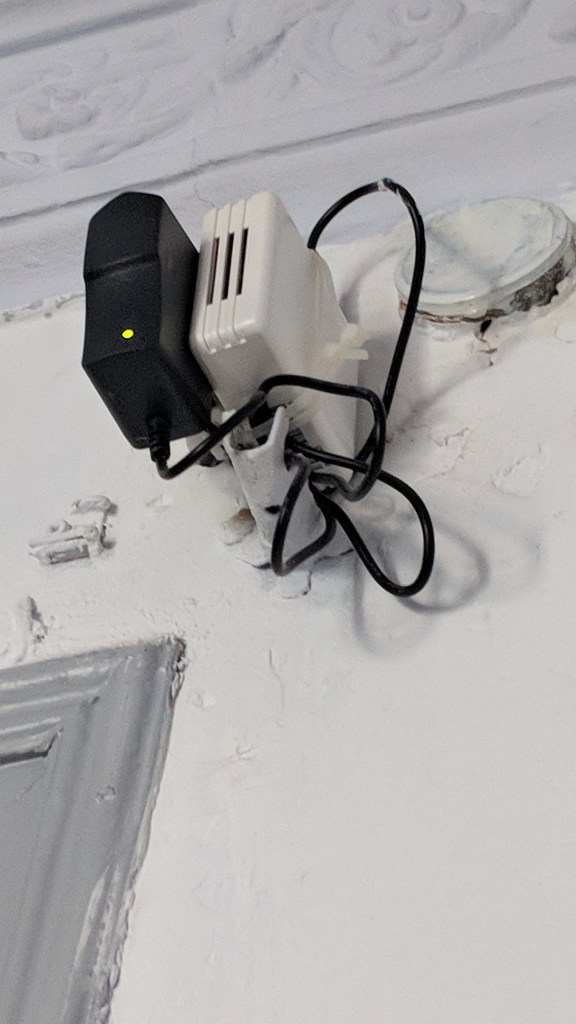
I talked previously about mixed reality but the consensus seems to be VR+AR = Mixed Reality… it looks like that ship has sailed and no matter what I say nothing will bring that back. So I have started talking about hyper-reality when discussing perceptive media across objects and things.
You could say its like a theatre cast in your living room and starts to answer some of the questions about perceptive media killing the shared experience. Theres already people hacking things to media, BBC R&D even experimented a long time ago in this area with the famous dalek example and of course the Perceptive Radio was just the start. The second version of the perceptive radio, did actually include more connectivity options to reach out and interact with devices in the local space such as Philips Hue lights, bluetooth devices, etc. It seems so simple but the big difference is they are reacting to the media rather than being thought about at the script/narrative level. With object based media (media+metadata) we can get to level much richer and interesting than ever imagined perviously.
Imagine what would happen if the director/writer could start to specify these type of experiences, the same way a director chooses to show certain characters in certain light, angles, etc. However the big difference is it can be contextual, flexible and scalable for 1 or many more people. How about that for a shared experience?
Of course this brings up many ethical questions, data dilemmas, and questions about graceful degradation and progressive enhancement for media experiences. But I’m going to side step that in my blog for now. There are too many questions and research is well underway.

Hyper-reality (or shall I call it hyper narratives, certainly can’t call it hypermedia) extends the narrative into the real world. This is fascinating because;
I contest this is closer to alternative reality gaming and the very popular immersive theatre works such as sleep no more. A problem with both is the scalability and consistency of experience, but whats great about them is the unique and shared experiences.
The Verge recently did a whats tech podcast which talks about immersive theatre, alternative reality games and the logical future of this stuff. Like the psychtech podcast episode 44, it highlights a lot of my current thinking and how all these things are connected. I always said the Internet of things needs a narrative because right now it all feels to service/utility. Even Google’s home project lacks that human-like narrative.

Some will sniff at this blog post but hyper-reality is the best word I can think of to explain what happens when you mix media objects, physical things, storytelling and context together.
Building virtual worlds is nice, augmenting the real world is better. However in my mind the future is those who explore the cross over of things, devices and media. Can you imagine the incredible levels of immersion?







